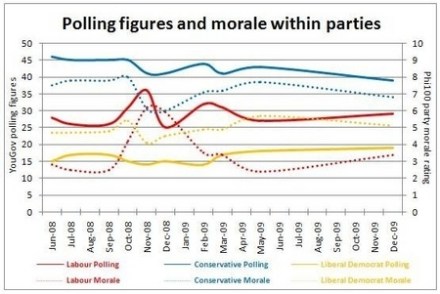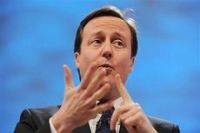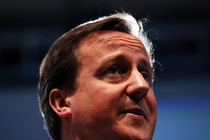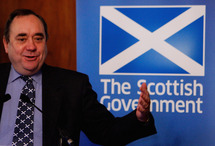Politicking on the backs of the poorest
This afternoon Jim Knight MP, the minister for welfare reform, proclaimed that the Government wants to turn the Jobcentre Plus network into a careers service for everyone. He said that welfare advisers, who currently try to help get people on benefits back into work, will start to “provide opportunities for progression” for anyone in a job – no matter whether the person is a banker or a bin man. This is a bad idea for a simple reason: it is far more important to help the unemployed back into work than give assistance to people who already have a job. The longer that someone is out of work, the worse





















